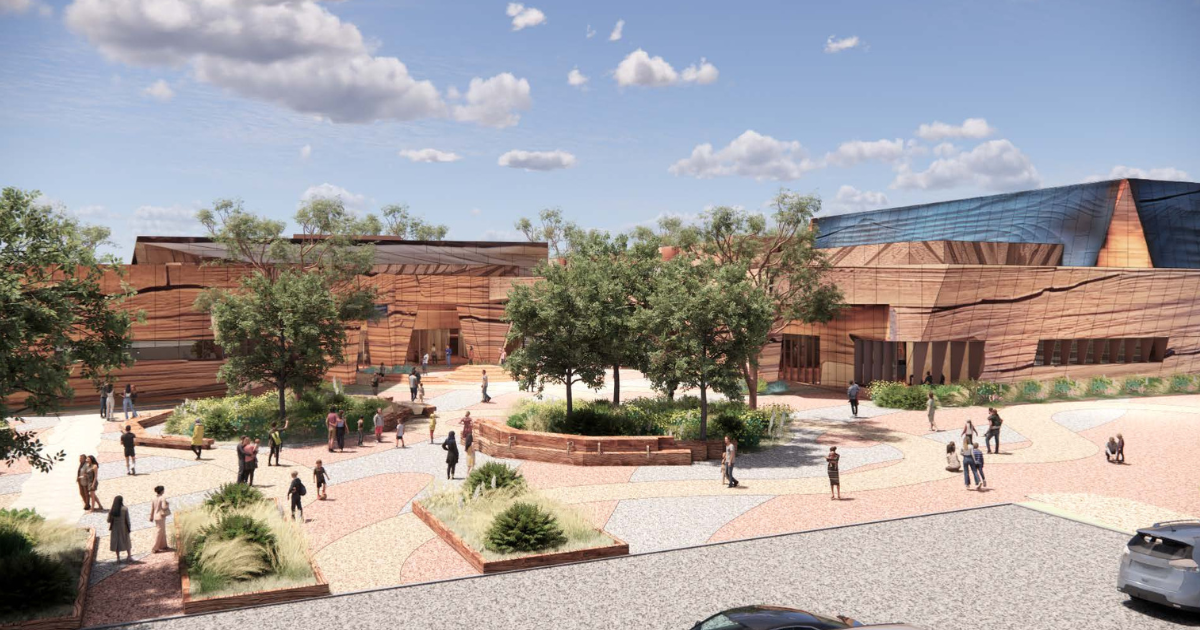City to look at how to reduce harms from problem gambling
GAMBLING is a legal activity, and many participate without issues. But for some, it is associated with significant harms.
As a GP, I’ve seen the impact problem gambling can have on people’s lives. Rates of anxiety and depression are much higher for people who experience problem gambling, as are harmful levels of drinking or substance use.
Some people suffer financial distress, job loss, or homelessness. Others lose relationships with family and friends. Then there are the effects on the broader circle of people around someone who is experiencing problem gambling, including family breakdown, family violence, and crime.
It is an issue that often takes time for someone to get help for, as it is associated with so much stigma, and often by then a lot of damage has already been done.
Most of us would know at least one person who has experienced problem gambling at some stage in their lives.
The productivity commission estimates that on average, between 0.5 per cent and 1 per cent of Australian adults have severe problems with gambling; in Geelong this is estimated to be 2.44 per cent, and 2-3 times as many experience moderate risks.
One in five people use online gambling, and an increasing number are experiencing harm from this due to its ease. Studies show that up to 60 per cent of money lost to pokies is from problem gamblers.
The sheer amount of money lost on gambling in our municipality is extraordinary – it’s around half of our entire council budget. Geelong residents lost $118.8 million in 2019-20 on pokies alone.
In 2020-21, despite venues only opening for 259 days due to COVID, residents lost $88.1 million ($344,159 per day – higher than 2019-20).
We have the third highest losses of any Victorian municipality, and the most machines.
A further $129 million was lost in 2019-20 on non-pokies gambling like sports betting and lotto.
Although pokies and other forms of gambling are often justified as a way to benefit the community (for example, through sporting club sponsorships), only a tiny fraction of the losses go back to the community (on average, in 2018-19 only 1.8 per cent of losses from pokies in Geelong provided a real community benefit).
As part of their public health responsibilities, many local governments, including the City of Greater Geelong (CoGG), are increasingly looking at how they can reduce the harms from problem gambling.
Councils already have some involvement in harm reduction from gambling.
Any time a venue makes an application for more poker machines to the state’s gambling regulator, the Victorian Commission for Gambling and Liquor Regulation (VCGLR), councils are required to make a submission to the VCGLR based on the risks to the community where the venue is located.
While the VCGLR makes the final decision about granting licences for pokies, councils can influence the outcome.
In 2019, CoGG successfully argued against an application for more machines at a venue due to the high likelihood of harm to the local community.
Other venues have been required to put in place a whole range of measures to reduce harmful gambling on their pokies as a result of CoGG’s submissions.
Over the past couple of years, CoGG has been reviewing our gambling policy to look more broadly at how we can reduce harm from problem gambling.
We’ve been considering how we could provide education to venues, clubs and the broader community about problem gambling and how it can be reduced. We’ve also been looking at ways to encourage clubs and venues to move away from a reliance on gambling revenue.
It’s great to see many sporting clubs doing this already – the Geelong Cats got rid of their pokies, and more recently moved away from sports betting advertising. Many community clubs are doing the same as part of the Victorian Responsible Gambling Foundation’s Love the Game campaign.
Additionally, CoGG wants to collect more data to better understand the changing nature of gambling in the community, how and where it is causing harm, and identify the best ways to address this.
While residents have a right to entertainment, that shouldn’t come at the expense of harm to others.
Councils play an important role in promoting and protecting community health and wellbeing, and there is a lot they can do to reduce the risks of gambling.
CoGG will soon be undertaking community engagement on this issue, so keep an eye on the Have Your Say section of our website. I’d also love to hear from you, so feel free to get in touch.
Cr Sarah Mansfield, Brownbill Ward
[email protected]
0436 343 642


















